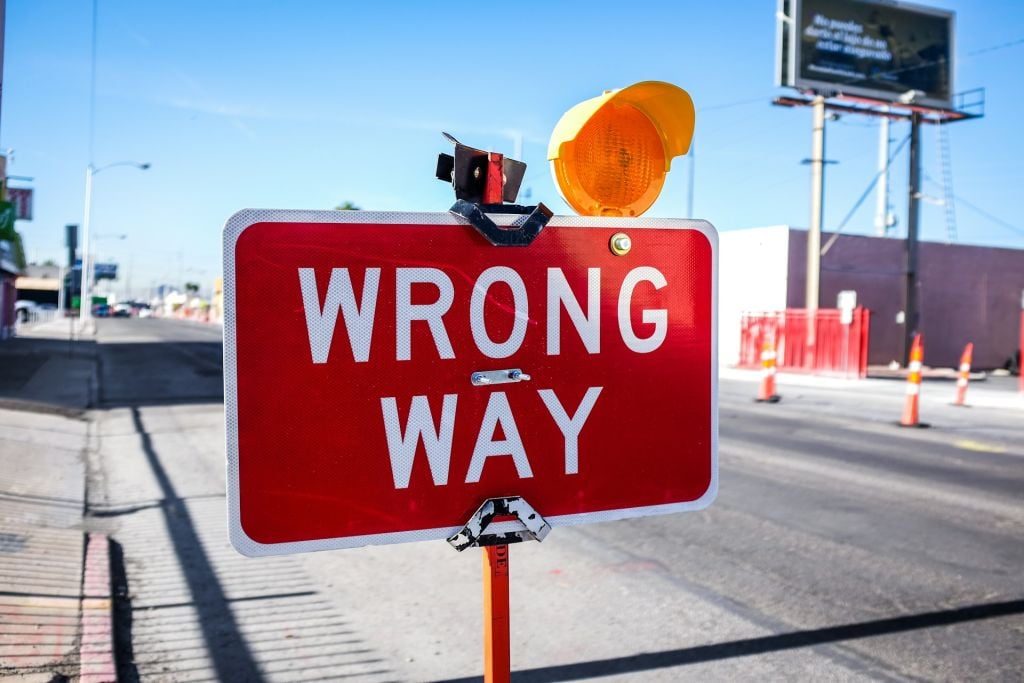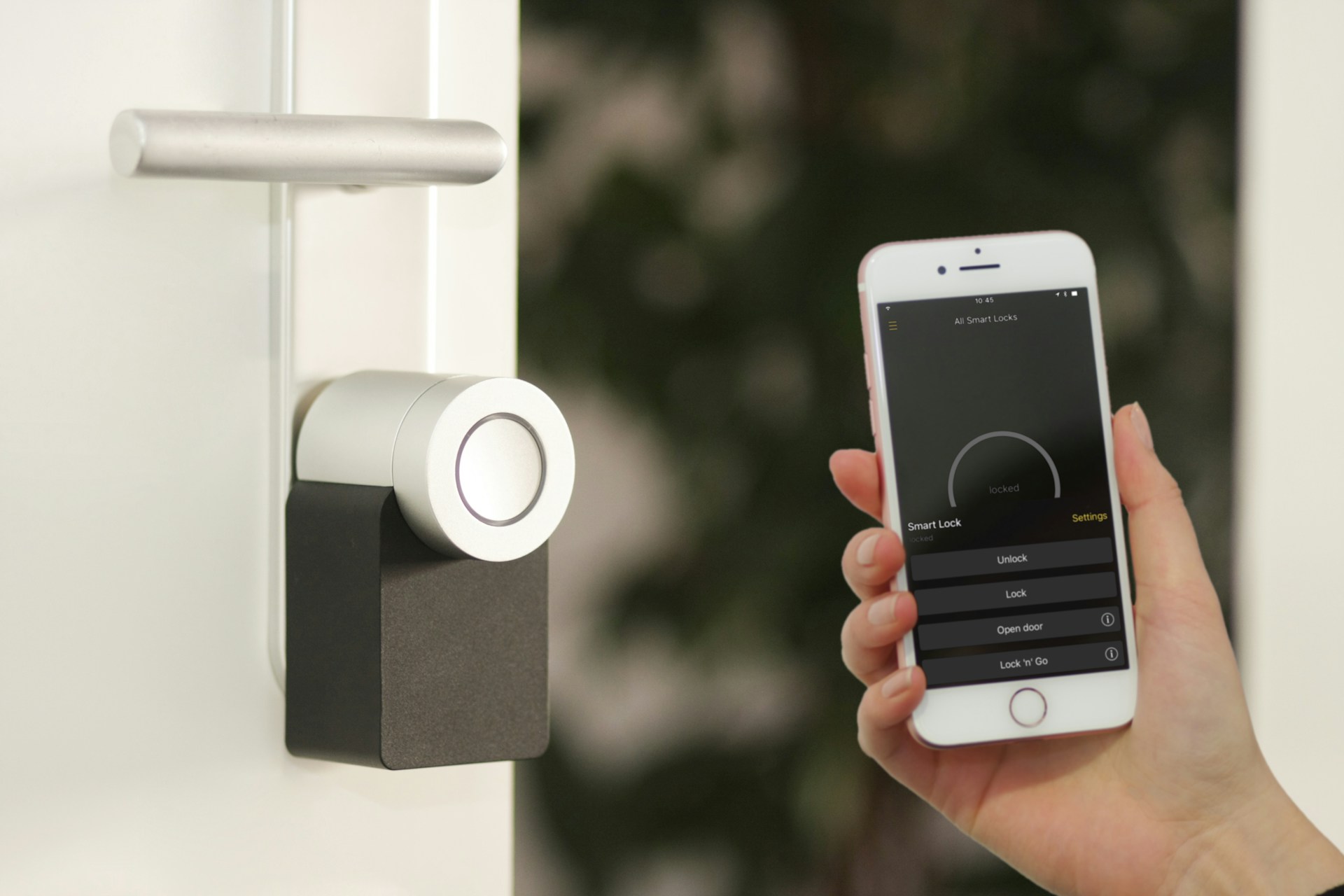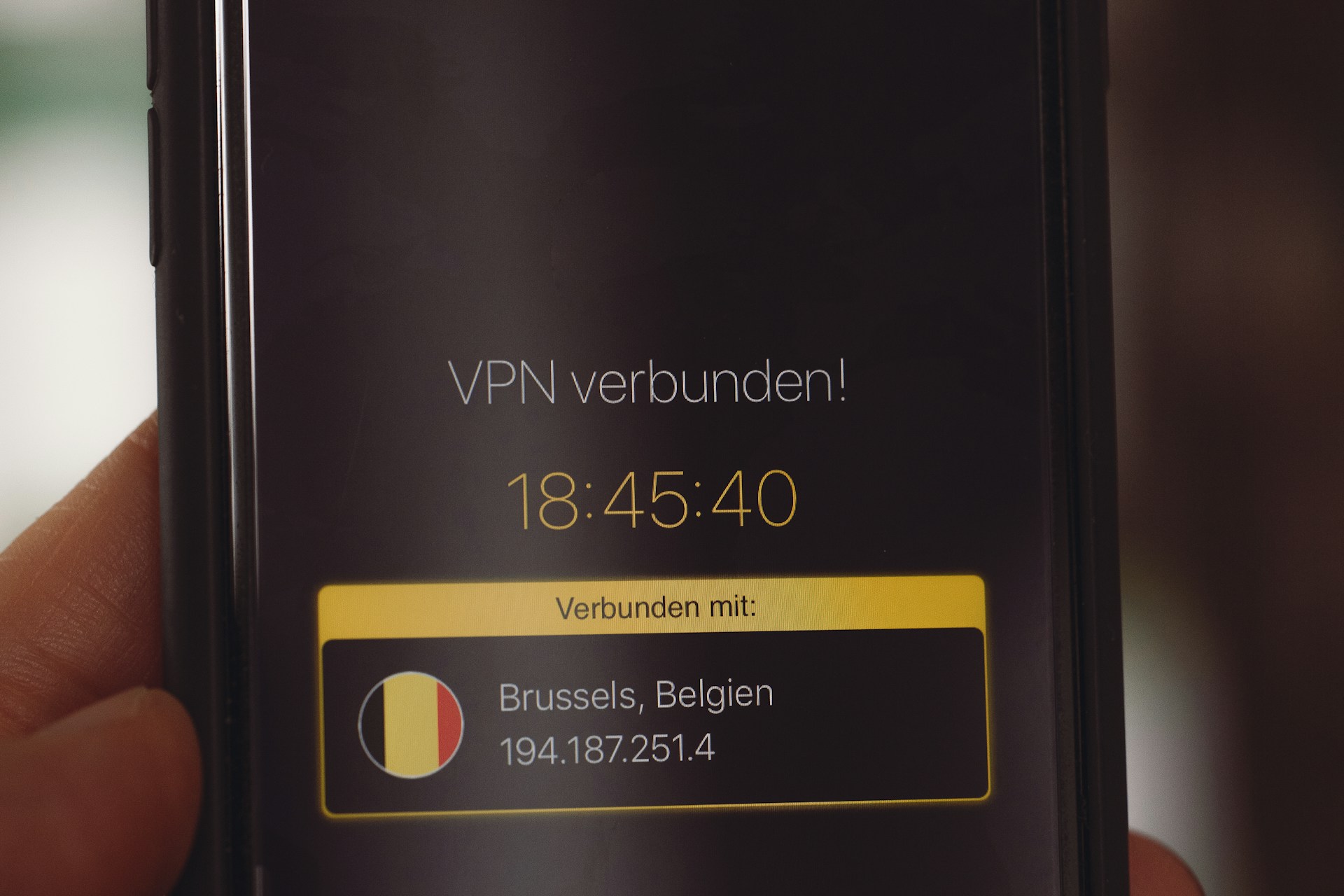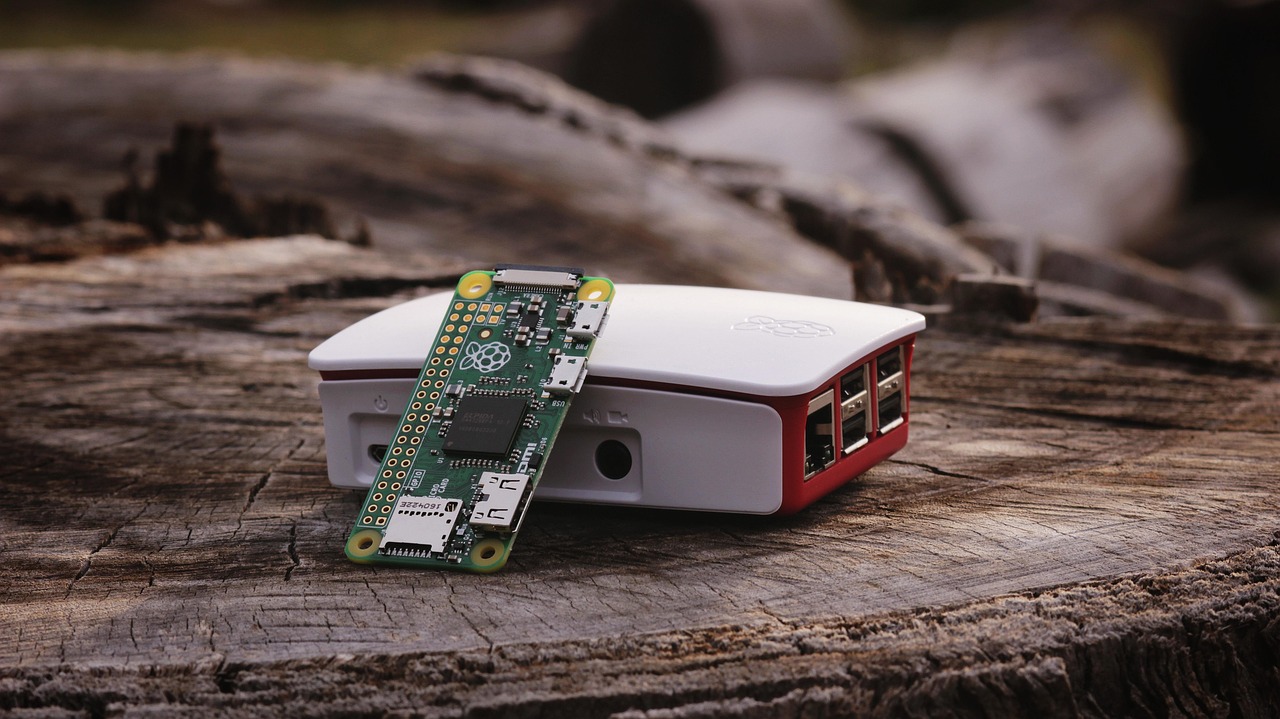VPNs are one of those things everybody has an opinion on, even if half the people giving advice barely know what the acronym stands for. (Virtual Private Network, for the record.) And because VPNs exploded in popularity thanks to privacy scares, streaming restrictions, and good old-fashioned FOMO, a lot of myths and half-truths have spread along the way.
If you’ve ever had a friend tell you, “Oh, just get a VPN, you’ll be invisible online!” or seen some ad that claims “browse 100% anonymously forever,” you’ve already brushed up against the hype. Let’s go myth-busting.

Image Credit: Unsplash under Creative Commons
Myth #1: A VPN Makes You Completely Anonymous
This is the big one. Probably the most repeated claim out there. The idea is that if you flip on your VPN, suddenly the internet has no clue who you are.
Reality check: a VPN hides your IP address and encrypts traffic between you and the VPN server. That’s good. But anonymity? Not quite. Websites can still track you with cookies, fingerprint your browser, or straight-up identify you if you log into an account. Facebook doesn’t forget who you are just because your IP address is bouncing through Switzerland.
A VPN is a privacy tool, not an invisibility cloak. Think of it more like pulling down the blinds at home. Neighbors can’t peek in, but if you leave the front door open, you’re still visible.
Myth #2: Free VPNs Are Just as Good as Paid Ones
Oh boy. This one refuses to die. People love “free” but forget that free services still have to make money somehow. And in VPN land, that usually means selling your data or littering your app with ads.
Some free VPNs throttle speeds until it’s painful, some limit you to a handful of servers, and a few have been caught distributing malware. Not a great trade-off for “free.”
Yes, there are exceptions. Reputable services sometimes offer a limited free tier (ProtonVPN, Windscribe, etc.), but they’re banking on you upgrading eventually. It’s marketing, not charity.
So no—free is not “just as good.”
Myth #3: VPNs Are Only for Techies and Hackers
This one might’ve been true a decade ago. VPNs used to be clunky software that only sysadmins bothered with. Now? Your grandma could use one. The apps are designed for one-click use. Tap “Connect” and boom, you’re secured.
They’re not some underground hacker tool anymore. Journalists, travelers, gamers, even casual Netflix binge-watchers use VPNs every day. If anything, not using one makes you the odd one out.
Myth #4: VPNs Will Always Let You Access Any Streaming Service
This is a half-truth with a big asterisk. Yes, VPNs can help you bypass geo-restrictions and unlock content libraries from other countries. But streaming platforms are constantly fighting back. Netflix, Disney+, BBC iPlayer—all of them try to block VPN servers.
A good paid VPN usually keeps finding ways around these blocks, but not all servers work all the time. If your plan is to unlock “everything, everywhere, always,” you’ll probably be disappointed. VPNs help, but they’re not magic keys.
Myth #5: VPNs Make You Immune to Hacking
If only. VPNs encrypt your connection, which protects against certain threats like Wi-Fi snooping at a café. But if you download a sketchy file, click a phishing link, or use a weak password, a VPN can’t save you.
It’s like wearing a seatbelt—it increases your safety but doesn’t make you invincible. You still have to drive carefully.
Tangent: Where Do These Myths Even Come From?
Honestly? A mix of aggressive marketing and misunderstanding. VPN companies exaggerate benefits to stand out. Then word-of-mouth twists those claims even further. Before long, people start thinking a VPN will hide their browsing from the government, erase cookies, and maybe even make their hair grow back.
The truth is simpler but less flashy: VPNs are one piece of the digital privacy puzzle. Useful, yes. Perfect, no.
Myth #6: VPNs Slow Down Your Internet to a Crawl
This one’s half right. Because your traffic is encrypted and rerouted, yes, there’s some speed loss. But modern VPNs are pretty fast. Premium providers invest in high-bandwidth servers that keep things running smoothly.
In fact, in some cases a VPN can actually improve speed—like if your ISP throttles certain traffic (gaming, torrenting, streaming). The VPN hides that traffic, and you bypass the slowdown. So while you might lose a bit of raw speed, the experience can feel faster.
Myth #7: VPNs Are Illegal Everywhere
Nope. VPNs are perfectly legal in most countries. They’re legitimate tools businesses have used for decades.
That said, a handful of governments restrict or outright ban them (China, Iran, North Korea, etc.). But even in those places, it’s the use of VPNs to bypass censorship that’s restricted—not the technology itself. For most of us, there’s nothing illegal about using one.
Myth #8: Once You Have a VPN, You Don’t Need Any Other Security
This is like saying once you lock your front door, you don’t need windows. VPNs protect traffic in transit, but they don’t replace antivirus, password managers, or common sense. They won’t stop you from reusing “123456” as a password or clicking on scammy links.
Digital security is layered. A VPN is just one layer. Relying on it alone is a mistake.
Myth #9: All VPNs Keep No Logs
Every VPN website loves to plaster “No Logs!” across their homepage. But the reality is more nuanced. Some don’t log activity but keep minimal connection logs (like timestamps or bandwidth usage). Others promise no logs but… have never been independently audited.
A few have even been caught lying. Always check for transparency reports, third-party audits, or a solid reputation. Otherwise “no logs” might be more slogan than fact.
Myth #10: VPNs Are Too Expensive
Here’s the funny part: people say VPNs are expensive, then happily spend $5 a day on coffee. Most top-tier VPNs, when you buy long-term, cost $3–$5 a month. That’s pocket change for the amount of privacy, security, and convenience they offer.
And if you wait for holiday deals, the prices drop even lower. So no, they’re not a luxury item anymore.
Wrapping This Up (Without Making It Too Neat)
The world of VPNs is full of exaggerations, both positive and negative. No, they won’t make you anonymous gods of the internet. No, they’re not useless snake oil. The truth is somewhere in the middle: VPNs are handy, practical tools with clear benefits, but they’re not miracle workers.
So next time someone tells you, “Just get a VPN, it solves everything,” smile politely and know that they’re oversimplifying. And if someone says VPNs are a scam? They’re oversimplifying too.
The bottom line: use a VPN, but use it with realistic expectations. It’s one tool in your privacy toolbox, not the entire kit.





